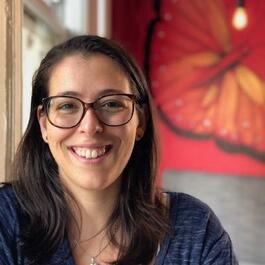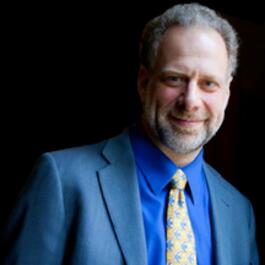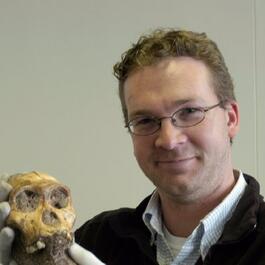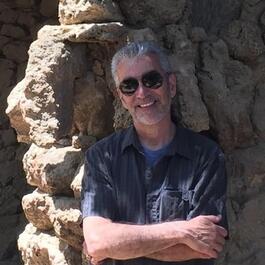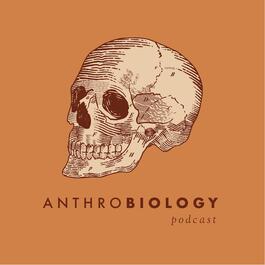
AnthroBiology Podcast
The AnthroBiology Podcast sits down with biological anthropologists once or twice a month to learn about what they do and why it's rad. Want to know more about our evolutionary past? Or what your bones say about you? Maybe chimps are more your speed? If it's anthropology and it's about humans, we'll cover it. Learn more at anthrobiology.com
Show episodes
Dr. Henry Erlich, Researcher Emeritus at Benioff UCSF Children's Hospital, joins the show to discuss his book, Genetic Reconstruction of the Past: DNA Analysis in Forensics and Human Evolution. We chatted about what it was like to pioneer PCR tests along with how PCR testing works, its applications (including medicine,
Dr. Christopher Schmitt of Boston University joins the show to talk about how he uses life history theory and epigenetics as a lens for his work with vervets and woolly monkeys. We also chatted about the highs of fieldwork, along with understanding how identity can affect an individual's experience of the field. Books,
Dr. Kate Clancy of Illinois State University Urbana-Champaign joins the show to talk about her book, Period: The Real Story of Menstruation. We touch on what periods are, why humans might menstruate, factors that affect menstruation, the study of women's health in general, and a few things to keep in when doing researc
Dr. Rebecca Gilmour of Mount Royal University talks about bones, their mechanics, and how we can use both to understand humans' lives in the past -- especially around her main focus of disability and care in ancient Rome. Books, articles, and media mentioned in this episode + helpful sites and articles: Ed. CS Hirst, R
Dr. Jesse Goliath of Mississippi State University joins the show to talk about forensic anthropology, including how he ended up in forensic anthropology and how he developed the Mississippi Repository for Missing and Unidentified Persons. We also talk about the complicated relationship between race and forensic anthrop
Dr. Christine Drea of Duke University joined the show to talk about mechanisms of female dominance, which is when females of a species are more dominant in groups than males. Dr. Drea looks at how genetics, hormones, and social dynamics interact with each other to result in female dominance in hyenas, meerkats, and lem
